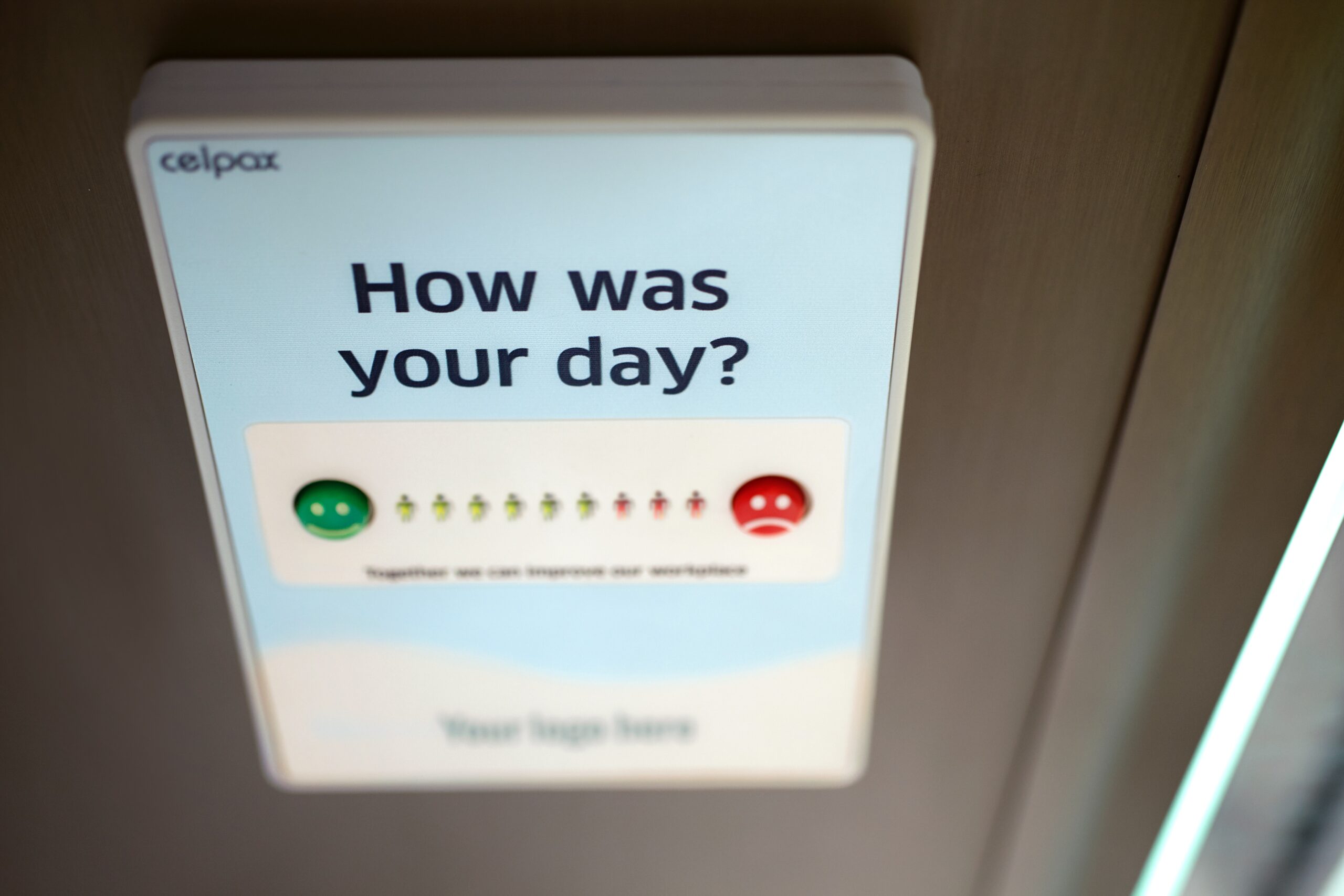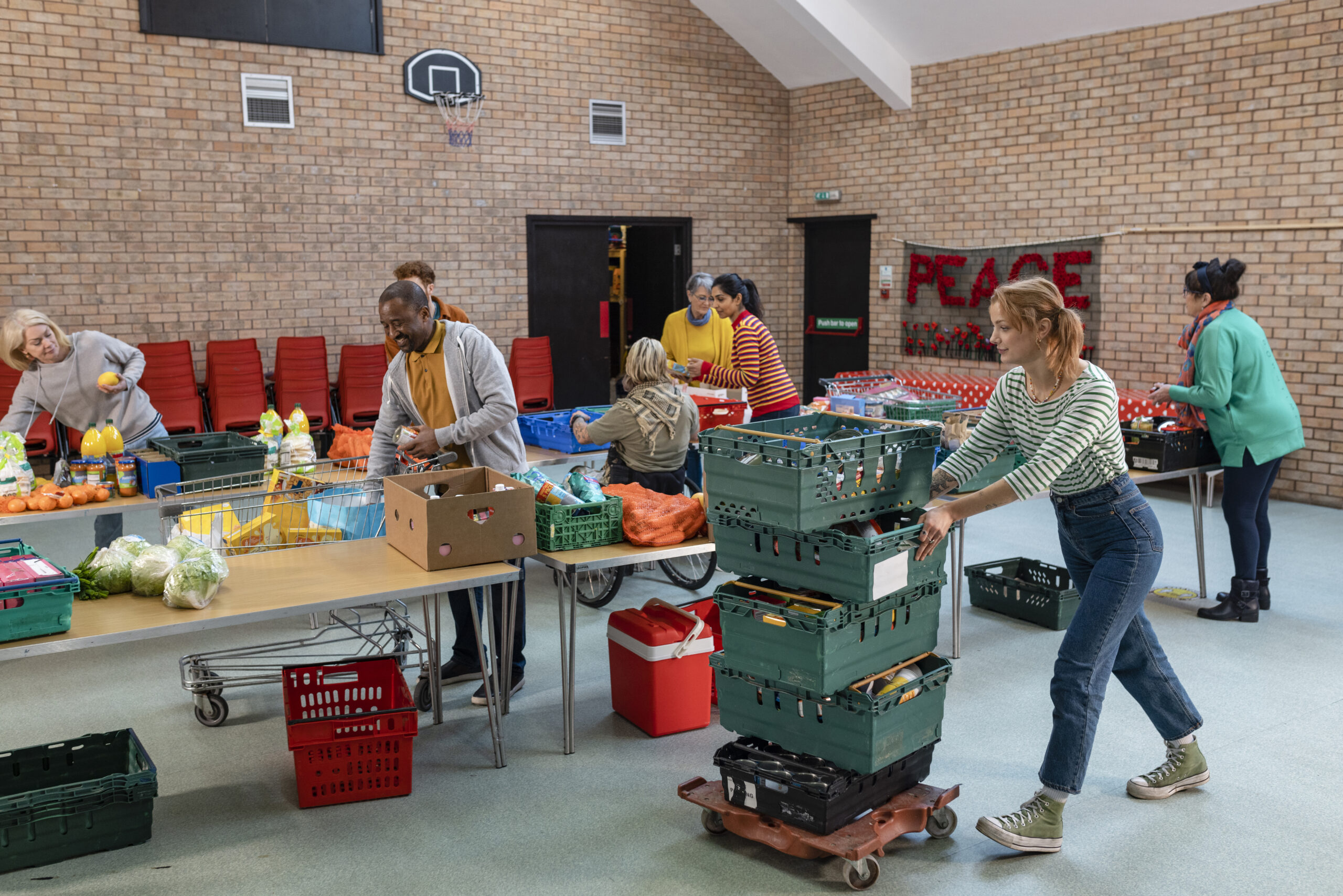Move from Insight to Impact through the Stillpoint
-

Building a better business through adaptive stewardship
Read more: Building a better business through adaptive stewardshipBusiness is a lot like farming. Both require patience, resilience, and a willingness to invest up front with no guarantee of return. Both are influenced by unpredictable external forces and ever-changing market conditions. In the mid 20th century, both business and farming became more industrialised. The global industrial food production system is now complex and […]
-

Who can you take a chance on today?
Read more: Who can you take a chance on today?Every now and then, we face challenges which will change the direction of our lives. Along the way, we may meet people who will unknowingly facilitate our development and growth in unexpected ways. I have been fortunate to have known a few.
-

Using knowledge for better outcomes
Read more: Using knowledge for better outcomesWorking with clinicians to examine the quality of their practice, I would often find that doctors felt pretty confident they were approaching the treatment of a condition in the right way. Professionals often develop an innate understanding of what needs to be done based on a combination of knowledge, experience and intuition. This agile mental framework provides the foundation for building on what is already known, assessing what is unknown, and experimenting to find the best solution to the current environment. It is called knowing-in-action.
-

What life lessons make you a better person at work?
Read more: What life lessons make you a better person at work?Each one of us has the potential for creativity. The learning process – whether learning a new language, a new recipe, or a new piece of music – stimulates our brains and builds new neural pathways that can help us to think more laterally. In today’s fast-moving digital world, the ability to think creatively is becoming more important than ever.
-

What keeps you feeling alert and alive?
Read more: What keeps you feeling alert and alive?They say a change is as good as a rest. Turning off the digital distractions and looking at the world around us can heighten our senses and allow our minds to relax. This can increase creativity, enhance our problem-solving skills and improve our ability to respond to work-related challenges. It can also be refreshing, mentally,physically and emotionally.
-

Facilitating better outcomes
Read more: Facilitating better outcomesCommunal life, whether in business, neighbourhood or nation, can be challenging at times. There is ample evidence that human beings often find it hard to talk to each other. A Google search on ‘difficult conversations’ brings 378,000,000 results, while Amazon features over 10,000 books on ‘hard conversations’. The archive of a single business journal, the Harvard Business Review, features nearly 500 articles on difficult conversations. Clearly there is a need to continually improve how we communicate, particularly in challenging circumstances. A skilled facilitator can help – here’s how.
-

End-of-life conversations that count
Read more: End-of-life conversations that countQualitative research helps us to understand the richness and depth of lived experience. This month’s Insights piece is longer than usual as we share findings of a qualitative pilot study conducted in collaboration with the Kindness Company on conversations about dying and death, presented at the Oceanic Palliative Care Conference in Sydney September 13-15.
-

Measuring our future
Read more: Measuring our futureMeasuring progress is an imperfect science. Many of the most important aspects of life are impossible to quantify, while many of the indicators most commonly measured don’t tell us a lot about quality of life. It seems easier sometimes to identify what’s wrong than to measure what’s going well so it is essential, when analysing the state of our world, to keep an eye out for the nuances which provide a more balanced perspective. This is as critical for governments and large organisations as it is for service providers and small business.
-

Building organisational legitimacy
Read more: Building organisational legitimacyAustralia’s 600,000 or so charitable and not-for-profit organisations carry a tremendous responsibility in using donor funds wisely to make a positive contribution to society. Maintaining an organisation’s legitimacy requires clarity of purpose and vigilance in holding fast to one’s values and identity.
